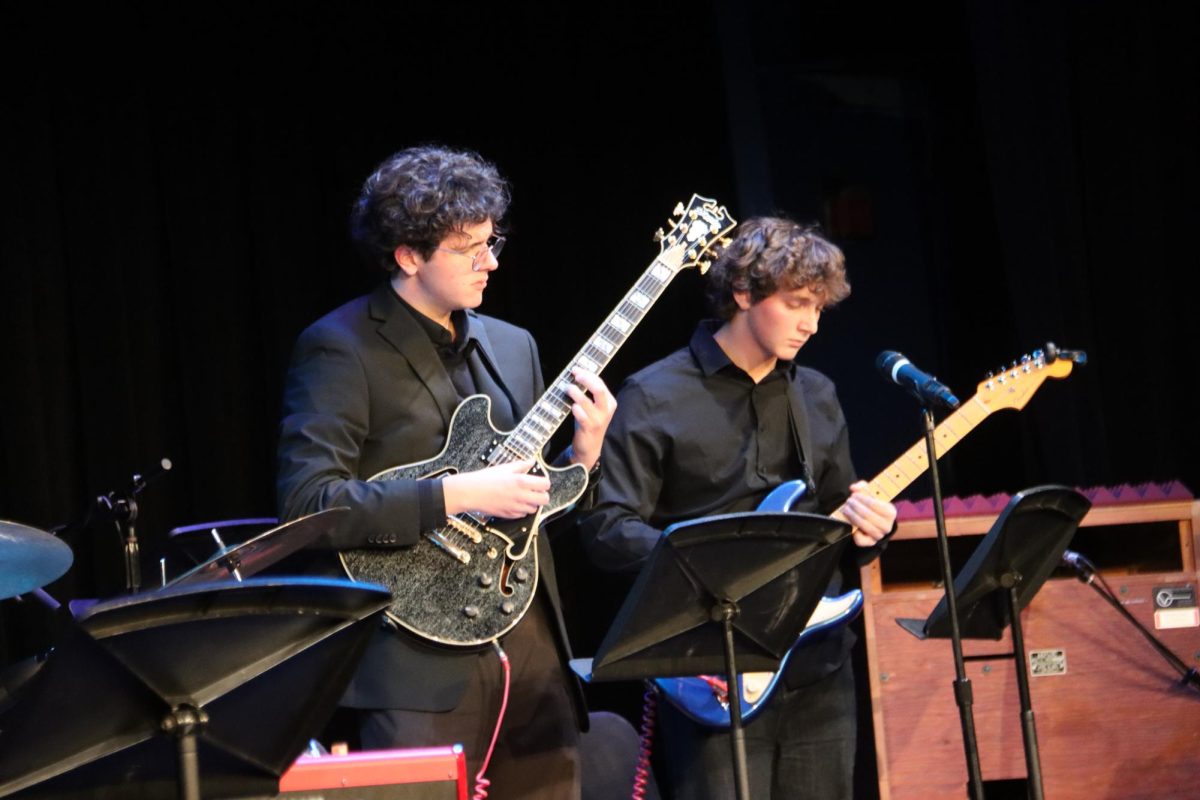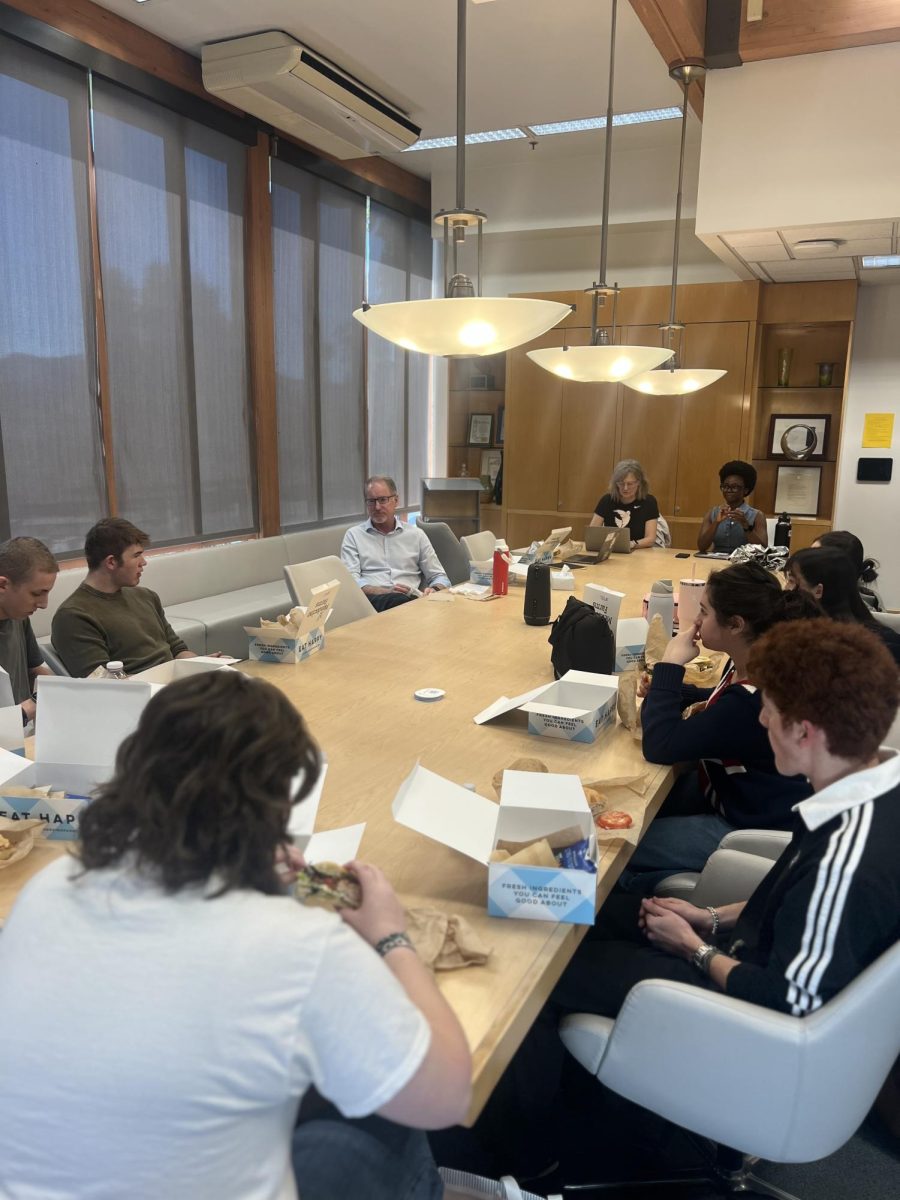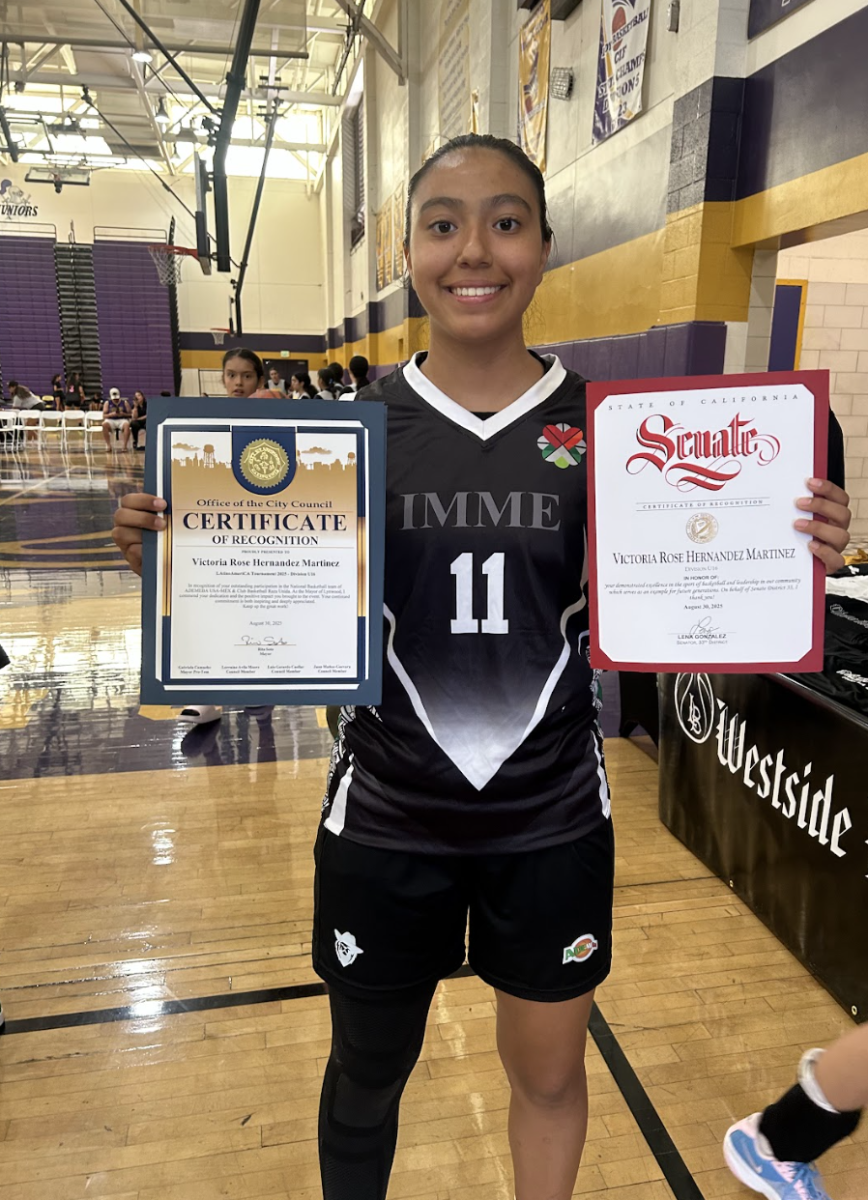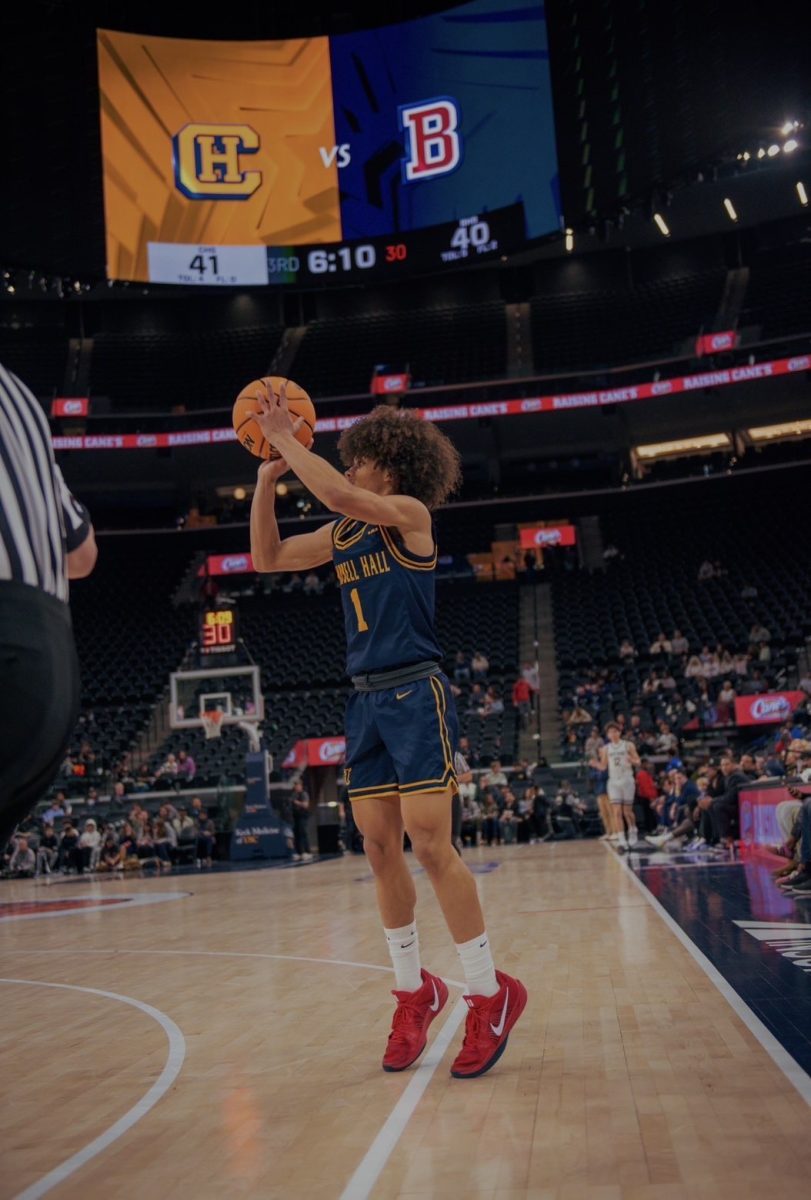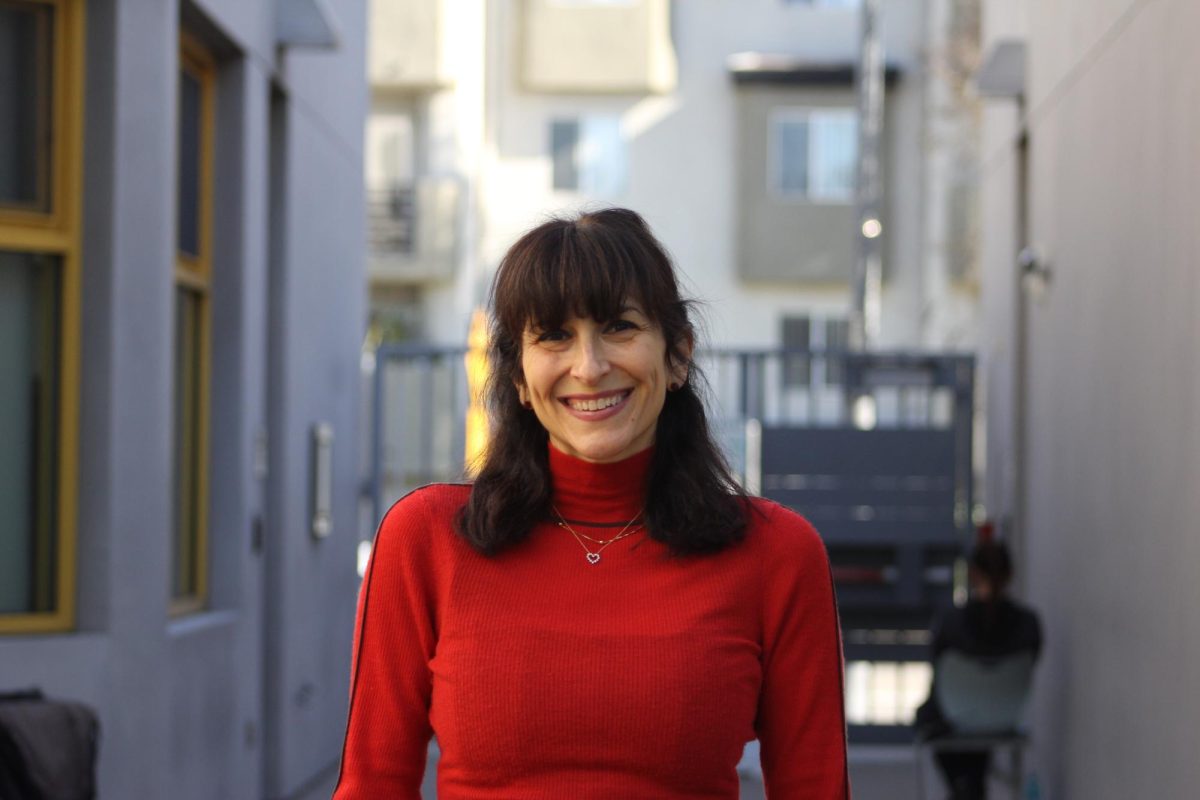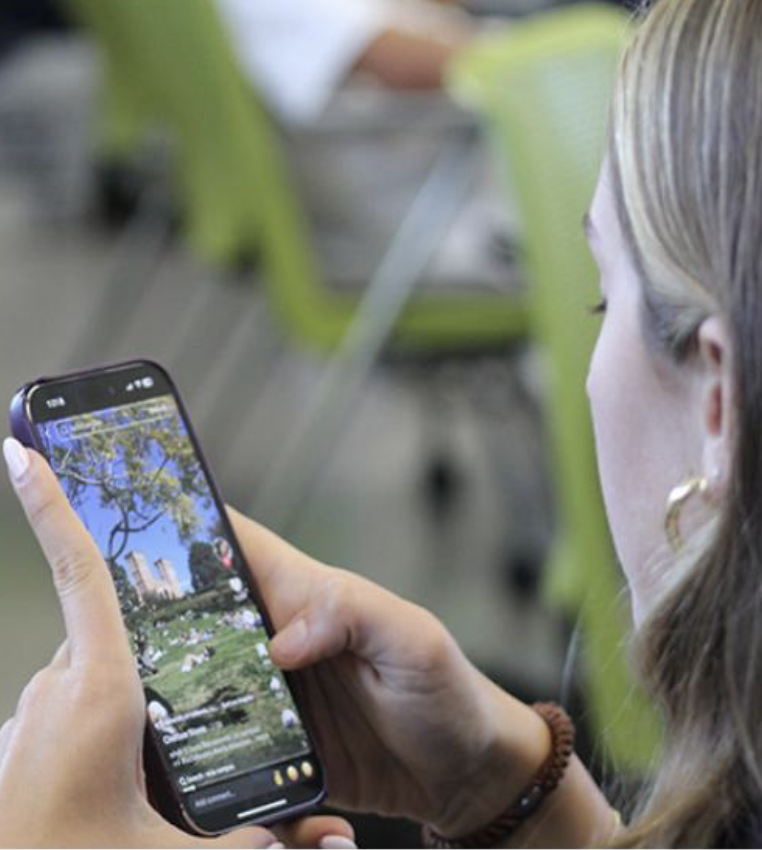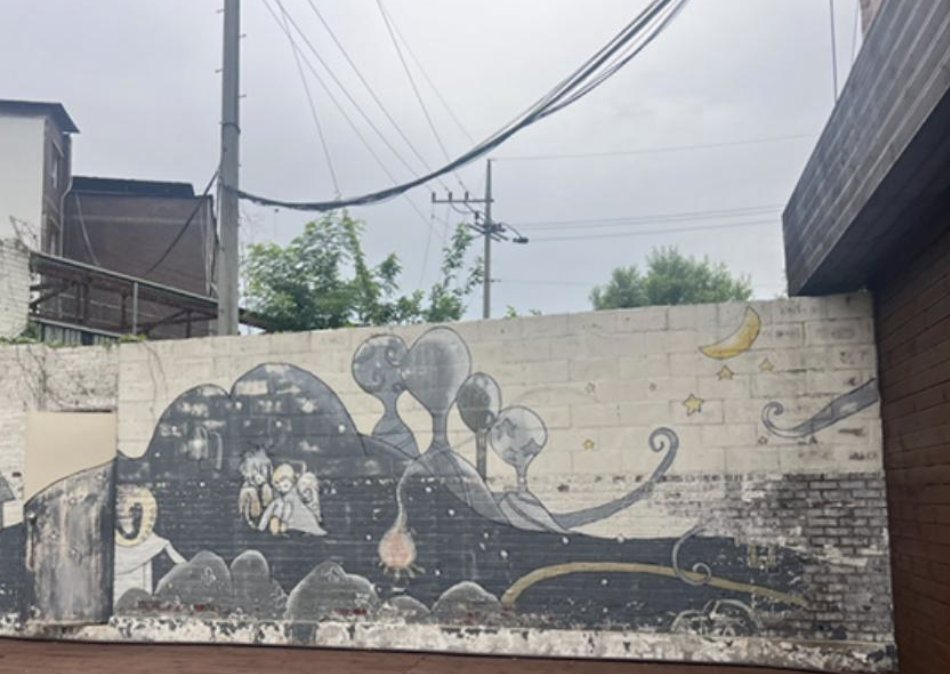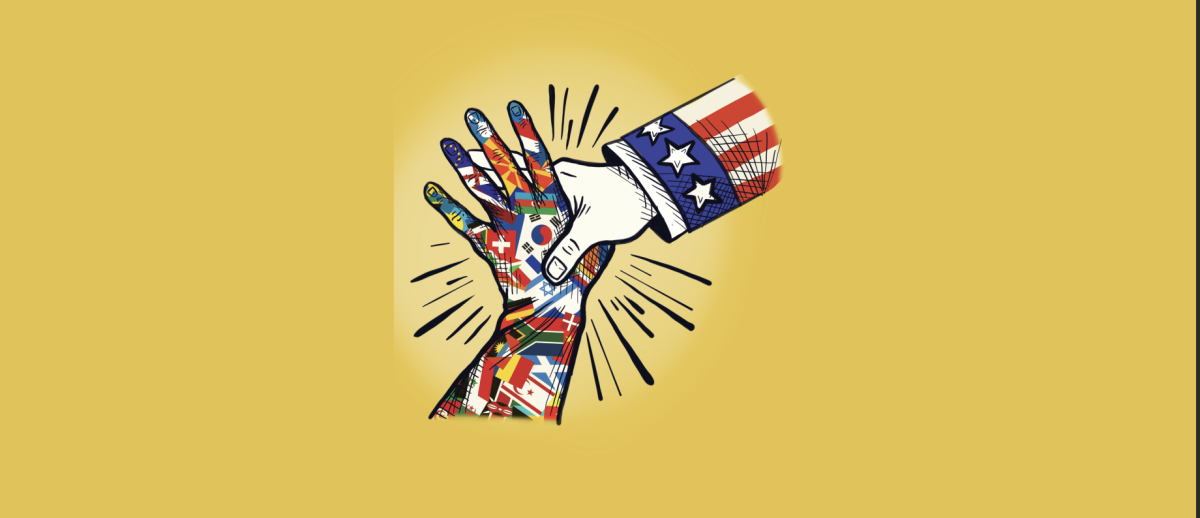Identity. Politics. Representation. With election day only a month away, both the Trump and Harris campaigns are competing for the support of the American people. If Kamala Harris wins in November, she will not only be the country’s first female president, but also the first president of mixed Black and Indian descent. As historic as her candidacy is, Harris has not focus on her identity, opting instead to focus on her accomplishments as a legislator. Harris’ campaigning strategy begs an important question: what role does identity play in politics and how can personal identity both empower and limit candidates?
As leader of the Asian Affinity Alliance, Claire Kim ‘25 believes that individuals that have a common background or ethnicity have an unspoken connection acquired through mutual experience. Kim claims that identity is present in all aspects of life, especially societal interactions. She believes that identity plays a big role in politics and voter connection.
“I don’t think anyone can truly separate themselves from their identity, nor should they try to,” Kim said. “A big part of my identity is my Korean heritage and I can never imagine separating myself from it. In electing someone, it is important to feel seen and heard by that individual; it’s comforting to see someone that looks like you in a position of power.”
Patrice Grace, admissions associate and advisor for the Black Student Union for Girls, believes that, while identity is important in a candidate, qualifications matter more. However, Grace claims that the power of seeing oneself in your representatives cannot be understated.
“Your ethnicity, your culture, the way your parents raised you, it makes you who you are and there is no getting away from that,” Grace said. “Whoever we vote for needs to be qualified for the job, whether it is a man or woman. It’s not that Kamala is a Black woman, it’s that she is a qualified woman. It is important that we all see ourselves in important places.”
Jake Lewis ‘25 will be voting in his first election this November. Lewis believes that identity is inextricably linked to the policies and the outlook of a candidate. He feels that there are many societal pressures that have pushed Harris to shy away from promoting the historic nature of her candidacy as a woman of color.
“When you are voting for a candidate, you aren’t just voting for their policies, you are voting for your representation on the world stage,” Lewis said. “As we enter this new age of identity politics and the weaponization of social media, I think that the character and identity of the person you vote for is now more important than ever. In electing a public official, I want somebody who’s going to be an accurate representation of the country; having a candidate like Harris sets the stage for so many young women and people of color.”
Just like Lewis, Elijah Nasseri ‘25 is going to be voting for the first time in this election. Nasseri largely shapes his political views around the economic and foreign policy plans of the candidate, rather than their character. He emphasizes the importance of voting as one of the only ways an individual can get their voice represented on a national level.
“I don’t believe that you can ever truly separate yourself from your identity,” Nasseri said. “Your identity is who you are and no matter how hard you try you can’t fully sever that connection. While the identity of the person you are voting for is important, I believe that the candidate’s policy positions deserve much more attention. Out of the 46 presidents we’ve had, 45 have been white and I believe that diversity allows for new perspectives to be heard.”
Mónica Ley, high school language teacher and advisor to the Mixed Ethnicity Affinity Group, was taught from a young age to cherish all aspects of her mixed identity. She acknowledges that there are several facets that make up one’s identity with all of them being of equal importance. Ley feels that one’s identity cannot be determined by other people’s perception, and that true identity comes from within.
“At a very young age I didn’t view my background as unusual,” Ley said. “It was others’ views and comments about my appearance that made me realize that I was seen as different, and then I was treated differently. At times, when you’re different, people can become aggressive or uncomfortable; they don’t know what to do with you. When it comes to public service, values and character are what really count. I feel that when there is variety and diversity, there lies more richness in the different perspectives. However you identify, you have to truly, deep in your heart, be willing to serve for the highest good of all the people.”


